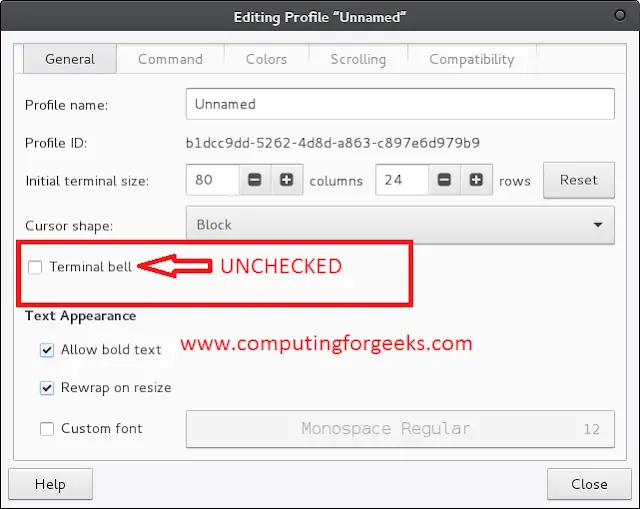The chars() method of java.nio.CharBuffer Class is used to return a stream of int zero-extending the char values from this sequence. Any char which maps to a surrogate code point is passed through uninterpreted. The stream binds to this sequence when the terminal stream operation commences (specifically, for mutable sequences the spliterator for the stream is late-binding). If the sequence is modified during that operation then the result is undefined.
Syntax:
public IntStream chars()
Return Value: This method returns an IntStream of char values from this sequence. Below are the examples to illustrate the chars() method: Example 1:
Java
// Java program to demonstrate// chars() methodimport java.nio.*;import java.util.*;import java.util.stream.IntStream;public class GFG { public static void main(String[] args) { // creating object of CharBuffer // and allocating size capacity CharBuffer charbuffer = CharBuffer.allocate(3); // append the value in CharBuffer // using append() method charbuffer.append('a') .append('b') .append('c') .rewind(); // print the CharBuffer System.out.println("Original CharBuffer: " + Arrays.toString( charbuffer.array()) + "\n"); // Read char at particular Index // using chars() method IntStream stream = charbuffer.chars(); // Display the stream of int zero-extending // the char values from this sequence stream.forEach(System.out::println); }} |
Original CharBuffer: [a, b, c] 97 98 99
Example 2:
Java
// Java program to demonstrate// chars() methodimport java.nio.*;import java.util.*;import java.util.stream.IntStream;public class GFG { public static void main(String[] args) { // creating object of CharBuffer // and allocating size capacity CharBuffer charbuffer = CharBuffer.allocate(5); // append the value in CharBuffer // using append() method charbuffer.append((char)140) .append((char)117) .append((char)118) .append((char)0) .append((char)90) .rewind(); // print the CharBuffer System.out.println("Original CharBuffer: " + Arrays.toString( charbuffer.array()) + "\n"); // Read char at particular Index // using chars() method IntStream stream = charbuffer.chars(); // Display the stream of int zero-extending // the char values from this sequence stream.forEach(System.out::println); }} |
Original CharBuffer: [?, u, v, , Z] 140 117 118 0 90
Reference: https://docs.oracle.com/javase/9/docs/api/java/nio/CharBuffer.html#chars–




